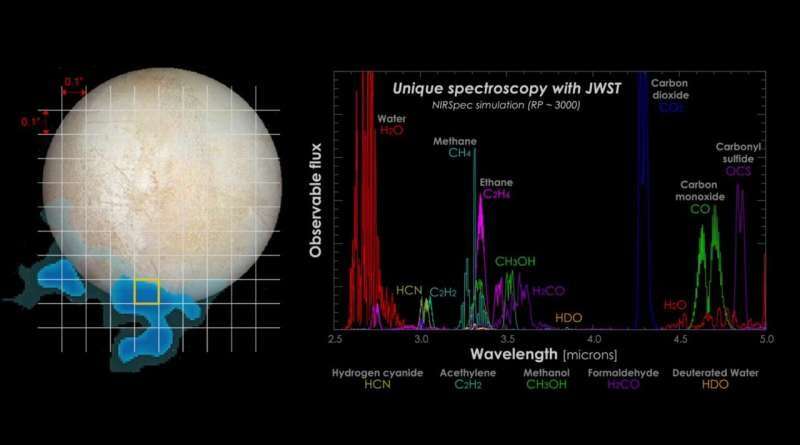Best of Last Week—Webb telescope nearly ready to go, a battery that absorbs CO2 emissions, understanding loneliness

It was a good week for space science as a team at NASA's Goddard Space Flight Center announced that the James Webb Space Telescope was nearly set to begin science operations. All that is left to do is complete a few tracking tests. And a team at the European Space Agency announced that data from the Solar Orbiter is providing scientists with unprecedented information and views of the sun. Also, a team at the University of Colorado at Boulder suggested that astronauts may one day drink water from ancient moon volcanoes. Their work has suggested that volcanos on the moon may have left sheets of ice on the surface near the poles.
In technology news, a team at the University of Cambridge designed and built a low-cost, battery-like device that absorbs CO2 emissions while it charges. The super-capacity device is approximately the size of a coin and was made from sustainable materials such as seawater and coconut shells. Also, a team of researchers at Beihang University, working with colleagues at Imperial College London and Swiss Federal Laboratories for Materials Science and Technology, demonstrated a quadcopter that works in the air and underwater and also has a suction cup for hitching a ride on a host to save energy costs. And a team at MIT demonstrated a machine-learning application that helps autonomous vehicles avoid idling at red lights. Also, a team at Cardiff University developed a new method to kill cyberattacks in less than a second. It operates automatically on computers and smart devices.
In other news, a team at the University of Manchester took another step toward a treatment for age-related macular degeneration, the most common form of blindness. They were able to identify early signs of the disease, which could allow for earlier treatment. Also, a combined team from Kyoto University and CSIC-Universitat Pompeu Fabra conducted CRISPR-Cas9 gene editing in cockroaches without injecting material into embryos. And finally, Sophie Guthmuller a researcher at the Vienna University of Economics and Business, Austria, found that childhood circumstances and personality traits can be associated with loneliness in people as they grow older.
© 2022 Science X Network